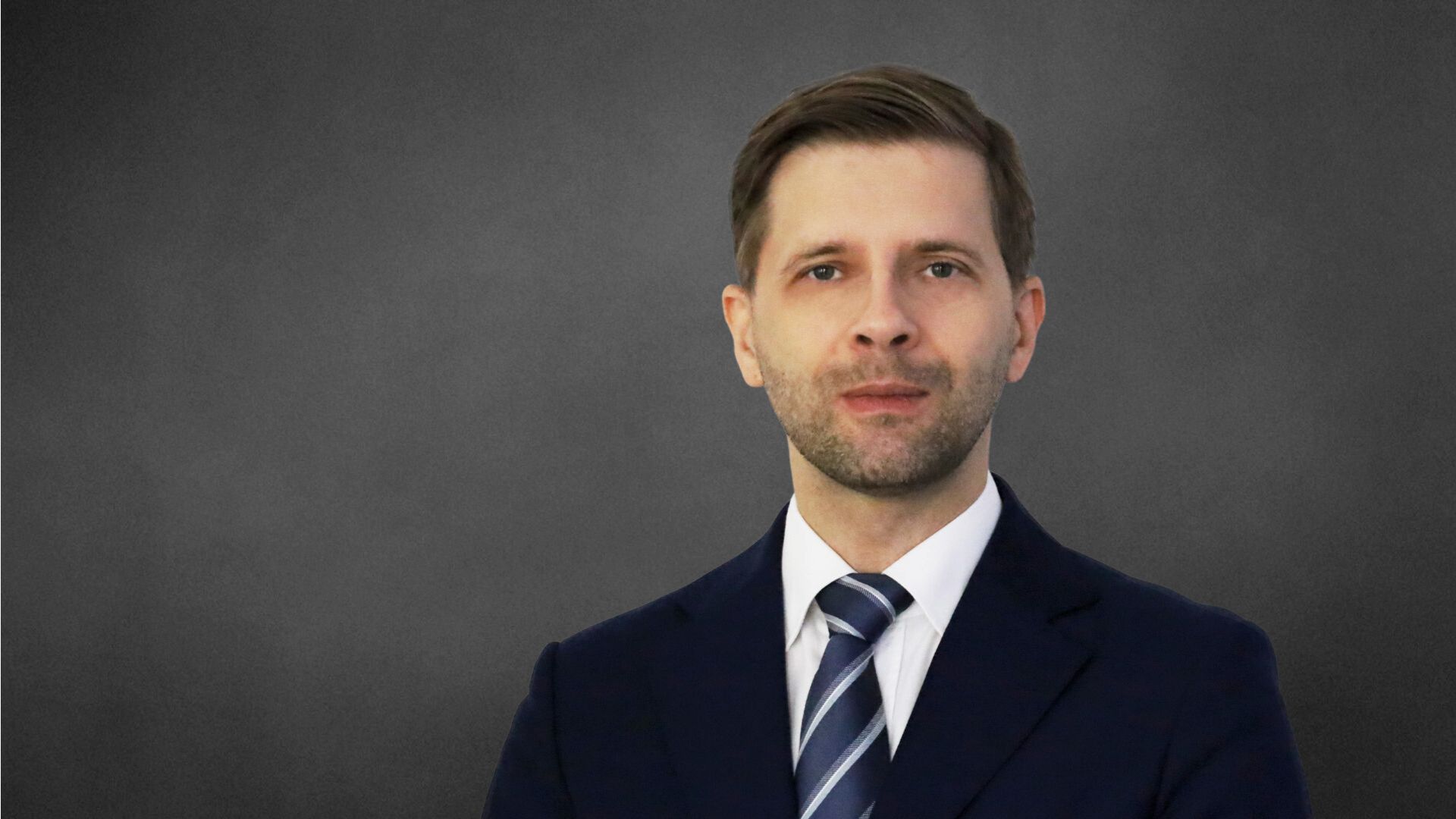PISM Spotlight: Crisis in Venezuela

What is the political situation in Venezuela?
The United Socialist Party of Venezuela (PSUV) has been the dominant political force in Venezuela since 1999. The PSUV’s charismatic leader, President Hugo Chávez led the government for 14 years. After Chávez’s death in 2013, Nicolás Maduro narrowly won the presidential elections to continue his predecessor’s policies. The worsening economic and social situation during his tenure were behind the democratic opposition’s victory in parliamentary elections in December 2015. By achieving a majority (112 of 167 seats), they sparked a conflict with Maduro’s government, which has since been hindering the National Assembly’s work and seeking ways to marginalise it. The main trigger for the current escalation of protests was the Supreme Tribunal of Justice’s decision on 30 March to take over parliament’s powers.
What are the economic and social aspects of the Venezuela crisis?
Venezuela’s economy has been suffering from recession since 2014, mainly because of decreasing income from petroleum trade, which accounted for more than 90% of the country’s exports and almost 30% of its GDB at one point. The IMF estimates that inflation in 2017 may reach 720%. In 2016, more than 80% of households remained below the poverty line. Purchasing power parity and access to basic goods (including food and medicine), which is mostly imported, have declined. The worsening humanitarian conditions have turned to social unrest and a rise in emigration. The government’s response has been to intensify repression of the anti-government manifestations that have been happening for the last few years. In just the last few months, the escalation in the protests has resulted in more than 120 deaths.
What was the rationale behind the elections to the Constituent Assembly?
President Maduro called for elections to a Constituent Assembly on 1 May as a response to the enduring social tensions. He declared that a new constitution would contribute to peace and national dialogue. His aim appears instead to introduce systemic political changes that would allow him to maintain power and continue the government’s policies, as well as to marginalise the opposition. The decision helped to avoid addressing existing calls for early presidential elections, which potentially would end in the current government losing power (Maduro is supported by just 20% of Venezuelans, according to recent polls). The president also seemed to want to use the elections to divert the public’s attention from the existing economic and social issues.
Why have the opposition and international community condemned the decision to hold the elections?
For the Venezuelan opposition, which boycotted the election, the initiative reflected a government attack on the constitutional order and legitimacy of the democratically-elected National Assembly. They see it as an attempt by Maduro’s government to illegally claim power with the support of the Supreme Tribunal and National Electoral Commission, which are mostly loyal to him. In an unofficial referendum organised by the opposition on 16 July, more than 7 million Venezuelans (out of 19 million with the right to vote) opted against the election of the Constituent Assembly. The election has been condemned by countries of the region (e.g., Argentina, Brazil, Colombia, and Mexico) as well as the Organisation of American States, the U.S., and the EU. They all indicated that establishing the Constituent Assembly undermines the civic order and does not help solve the issue of political repression.
What are the prospects for a solution to the crisis?
A basic condition to tackle the crisis is a dialogue between the main political forces. The vote for the Constituent Assembly by supporters of the ruling party make that option remote and will further polarise Venezuela, especially since the government seems determined to maintain power even though repressive measures and risking international isolation. External pressure has remained ineffective and has served instead to strengthen the Venezuelan authorities’ arguments that the crisis is caused by other countries led by the U.S. It is unlikely that the sanctions the U.S. introduced on 31 July targeting several Venezuela government officials (including Maduro) would influence a change of policy. The adverse economic conditions, however, will lead Venezuela’s government to seek greater support from its main creditors, China and Russia.

